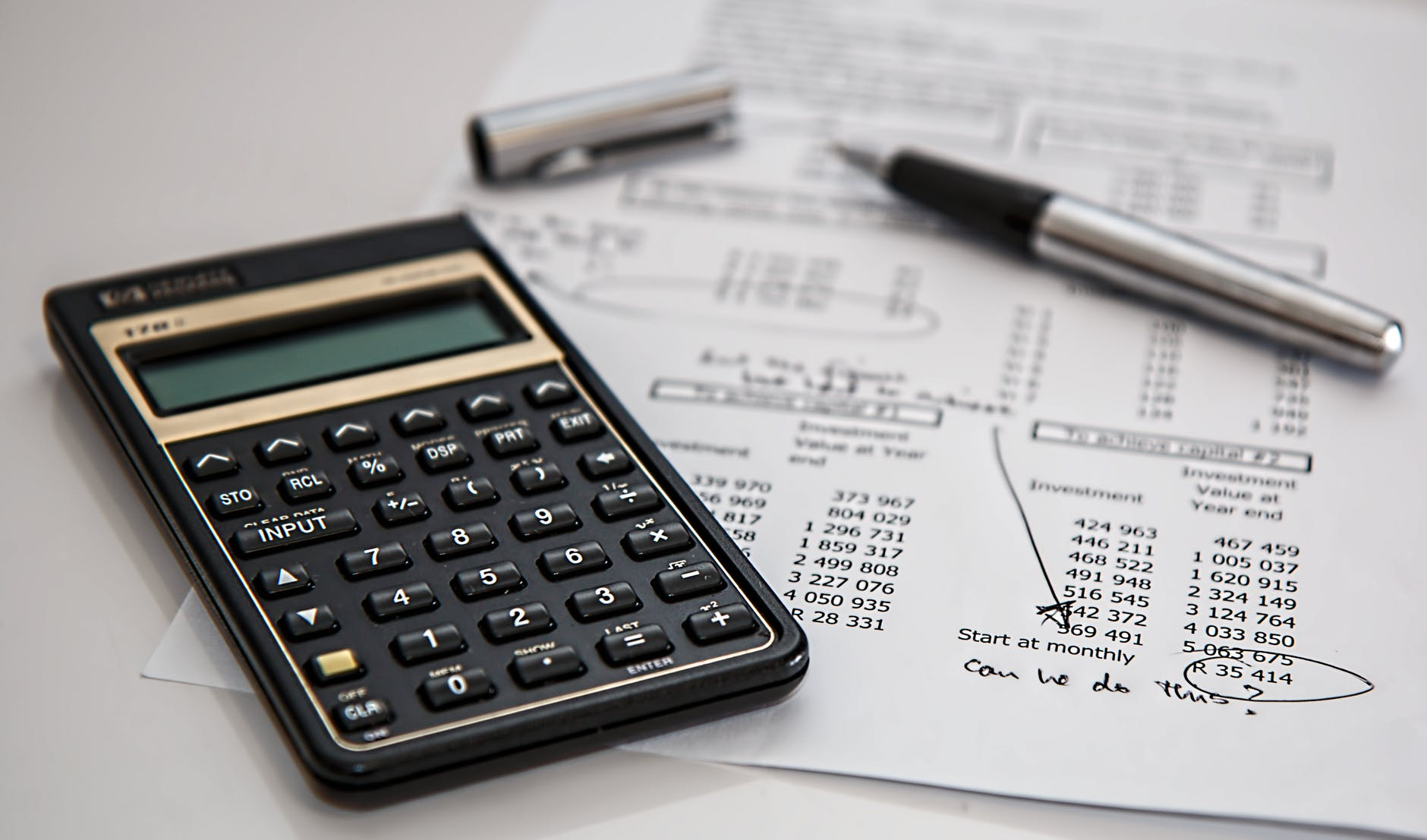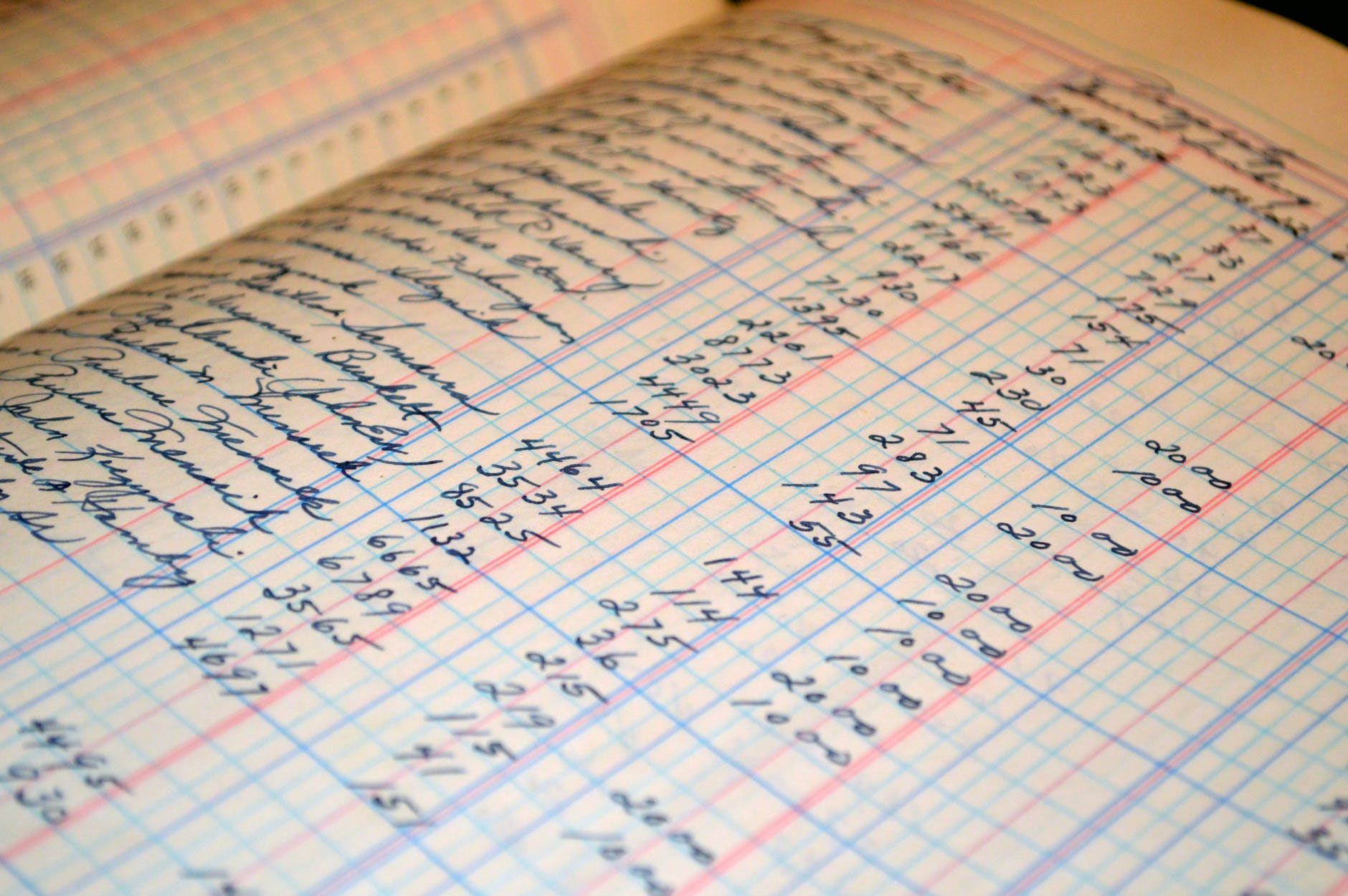
Your community relies on your Board of Directors for many things, one of which is handling the finances of the association. If you’re one of the board or you’re the one tasked to manage the Homeowners’ money then you’ll have some important tasks in line with the role. Most of it involves reporting to the association with updates and of revenues, expenses, projections, and budget. This information will be used to assess if there’s a need for adjustments and other fiduciary obligations.
Management
It is common for many Homeowner’s Association to enlist the services of management companies to take care of their accounting and financial reports. Regardless of who handles it, you should be able to understand the finances of the HOA. There are important data you should track and information to learn so you can improve on them.
Creation and Analysis of Reports for Audit
Without the right tools and the inherent delays of requesting the reports, it makes the job of managing the finances of the Homeowner’s Association more exhausting than it should be. According to https://www.aplos.com/lp/HOA, simplifying tasks involving reviews, collection, tracking of violations, bank integration, and others will help run effectively the business. It is important for you to be able to gain a clear overview of the finances in order to find opportunities to improve as well as help the community reach its goals.

There are 3 important reports that you should have access and evaluate and they’re the balance sheet, income and expense sheet, and the cash flow statement. The balance sheet is a list of assets, liabilities and the equity of the owner or shareholders. It is the summary of the HOA status at a given time. The second sheet shows you the revenue and expenditures. It can either show you the net income when revenue is higher than the expenses or net loss when expenditures are higher than the money coming in. Lastly, the cashflow sheet shows the manner of the money coming in and out. This can indicate how changes in the first two sheets can affect the movement of the money. It can also help you analyze and appropriate activities in accordance with its operation, investment, and others.
It can really help you if you have easy access to these reports so you will be able to get a clear view of the financial status of the HOA.
Payments and Account Management
This is an important aspect of handling the finances of the community. Streamlining the process for collection of income and dues will make controlling the finances easy as well as minimizing overdue receivables. Also, when adding and deducting funds it should be from the proper account. You can easily lose track of your finances if you don’t manage the accounts correctly. This also gives an inaccurate report and would be a cause of further misappropriation of the funds if the figures don’t match in each account.
Accounting Methods
One way to improve future investments and financial decisions is to apply a different accounting method. The conventional cash accounting records purchases and income as money is paid or received. An accrual accounting method, which many associations are now using, is recorded even if the money is not paid nor received.
Taking charge of the HOA finances is a big responsibility. There are many aspects and ways to take into account. But the important thing is that you provide the right information to ensure that the community’s budget is allocated properly.








